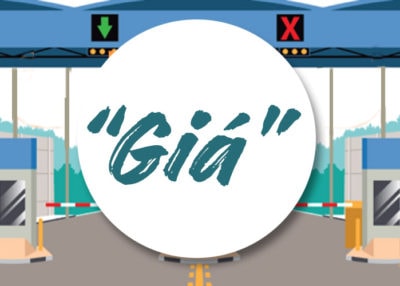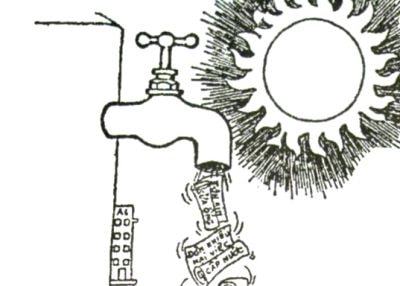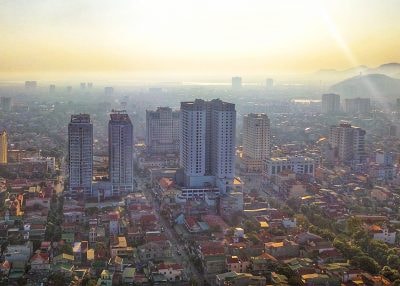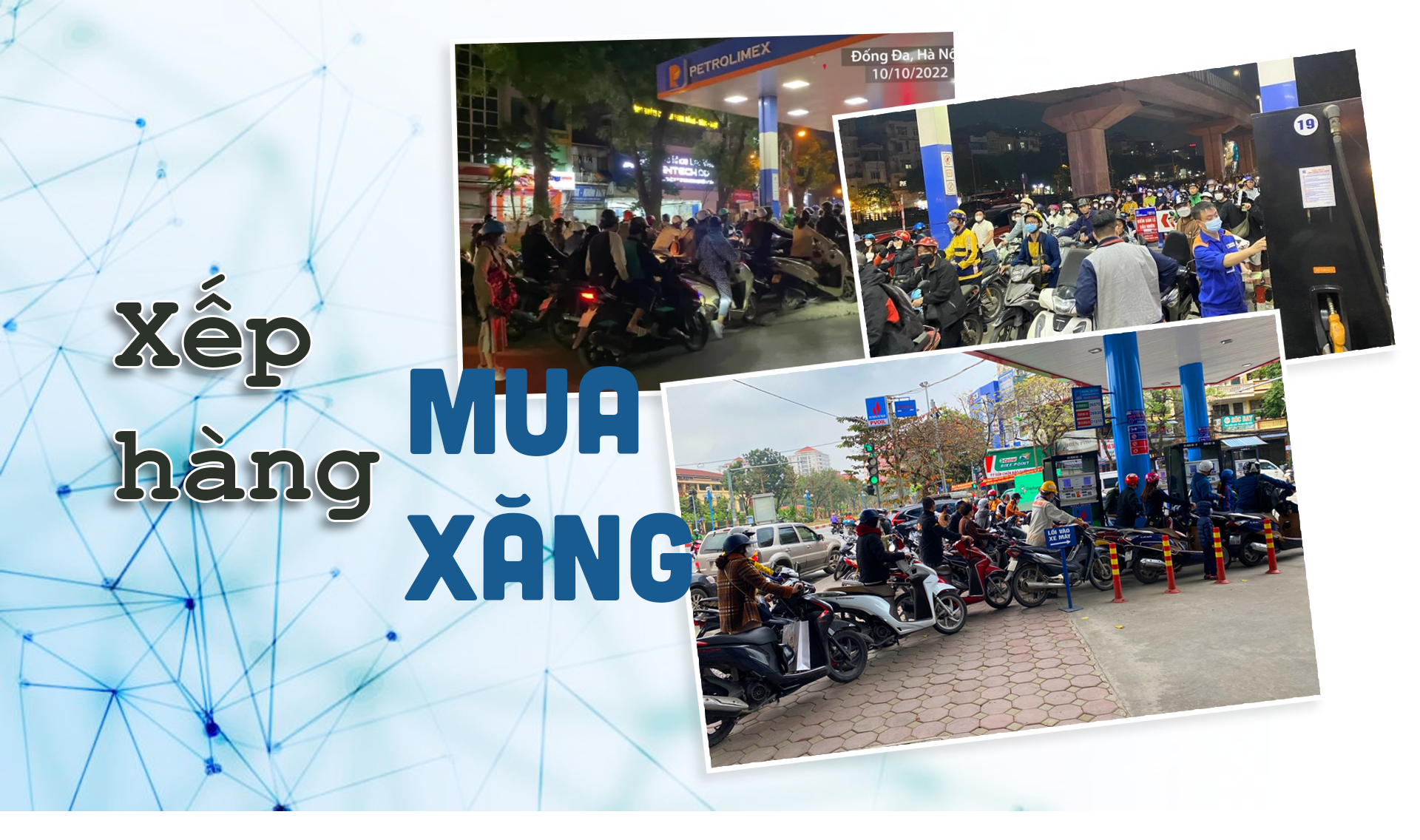
In recent days, newspapers and social networks have reported a lot about queuing to buy gasoline in Ho Chi Minh City and some places in Hanoi. During that process, some places have become chaotic, and there have even been cases where buyers have attacked sellers. From a social perspective, this is an uncivilized behavior, because queuing is considered a measure of civic awareness and cultural behavior in many countries.
From an economic perspective, queuing to buy gasoline reminds people of buying goods from 1975 to many years later. Back then, to buy any item, you had to queue. Some people even marked their location with a brick or something to run to do other things. However, in the present day, it is difficult to queue like that, especially for gasoline and oil. When queuing to buy gasoline and oil, do people park their vehicles there to mark their location? It is rambling, but from an economic perspective today, queuing to buy goods clearly shows the relationship between supply and demand or the problem with the service of the sales process.
Often, queuing to buy goods proves that the goods are scarce, supply cannot meet demand. The above case of queuing to buy gasoline is completely true, even many gas stations have asked for "leave" for a period of time. It is worth mentioning that the scarcity of gasoline and oil is localized.
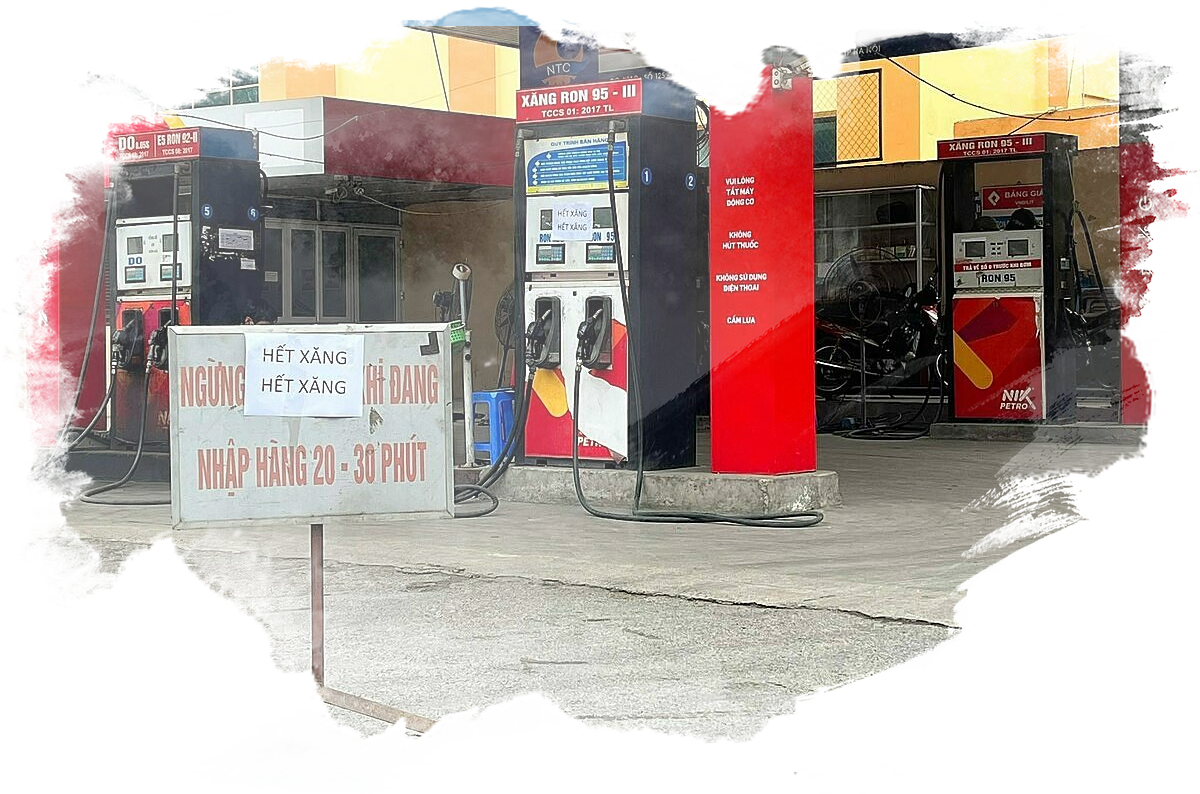
It is true that currently, gasoline and oil are commodities that are heavily affected by the world market, "if they increase, we increase". However, the lack of gasoline and oil sold in some provinces and cities is a matter of regulation between key corporations and retailers. Some experts predict that many key enterprises, faced with the possibility of a shortage of supply and rising world gasoline and oil prices, may have had to pay high costs to import large quantities of goods to ensure supply and benefit from price increases. But world gasoline and oil prices have reversed, so the State has adjusted the selling price. To limit losses, key enterprises have tightened the discount commission for retail agents to a low level, sometimes zero. Retail stores therefore do not make a profit, the more they sell, the more they lose, because they also have to bear the costs of labor, transportation, taxes, etc. It is easy to understand why many stores have stopped operating, not to mention queuing to buy gasoline and oil.
Article: Nguyen Nguyen
Illustration: Document





